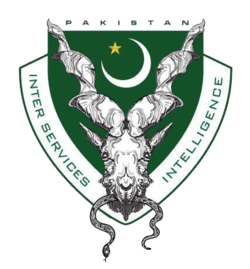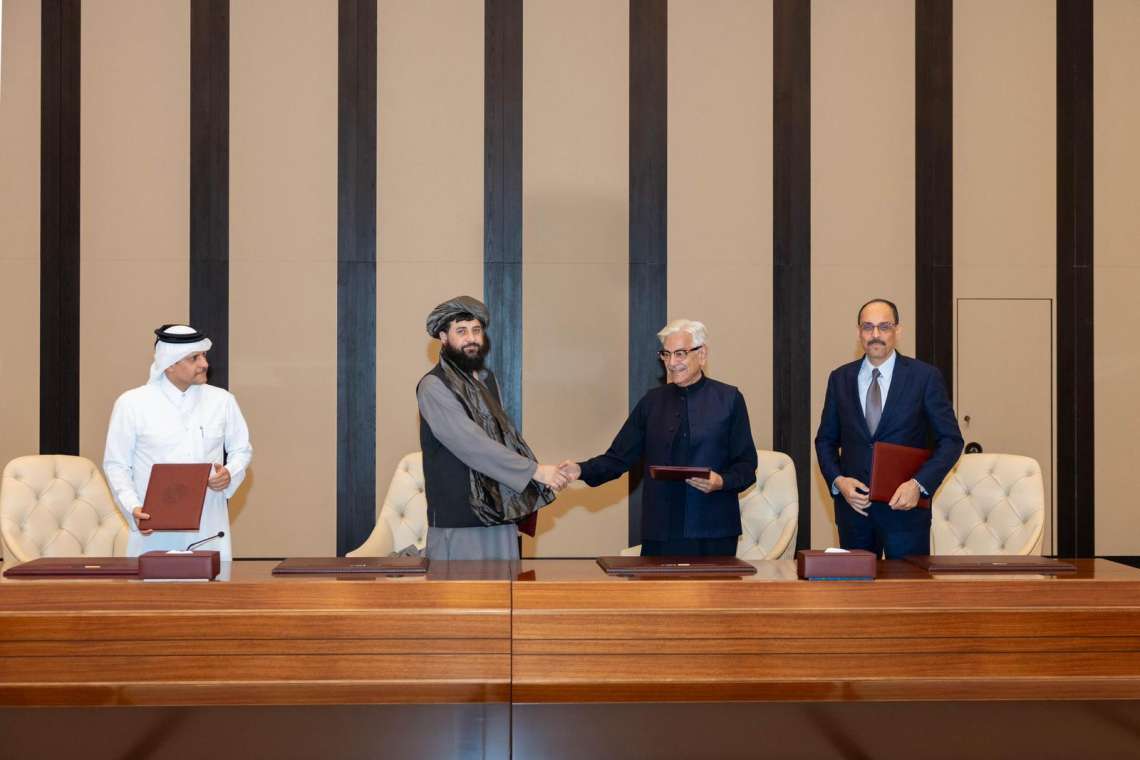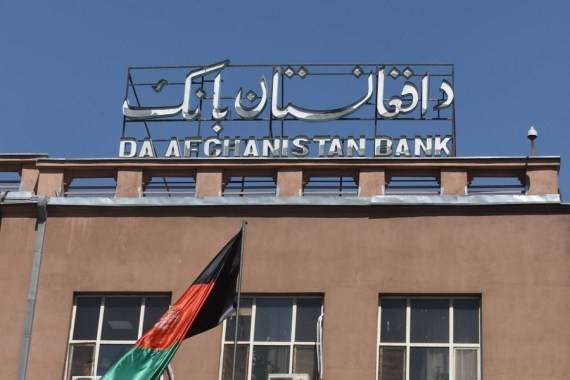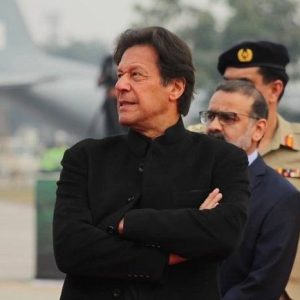It is widely perceived in Pakistan that politicians need the military’s backing to come to power, but many now fear that bureaucrats could also need the same support for their appointment and postings…..reports Asian Lite News
Pakistani politicians and activists have raised fears about the military increasing its control over the country’s public life after the new prime minister, Shehbaz Sharif, gave the ISI spy agency vetting power over civil service appointments.
The move has placed the verification and screening of government officials in charge of postings, appointments and promotions in ISI hands, leading to concerns of a shrunken civilian space.
Pakistan’s powerful military, which ruled the country directly for three decades, and its premier intelligence agency have a long history of meddling in politics and controlling politicians.
It is widely perceived in Pakistan that politicians need the military’s backing to come to power, but many now fear that bureaucrats could also need the same support for their appointment and postings.
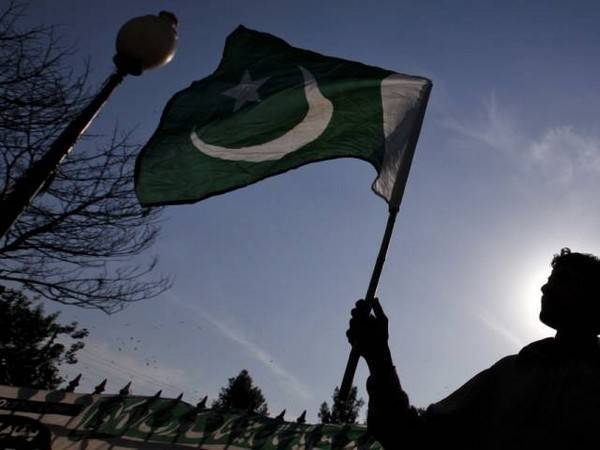
“If we keep in mind Pakistan’s history of takeovers and the sway that military has over our politics, this decision will weaken civil bureaucracy and compromise their independence,” said senator Mustafa Nawaz Khokhar. “We have shot ourselves in the foot and it’s a decision worth reconsidering,” The Guardian reported.
Raza Rabbani, the former chair of the senate, called Sharif’s decision an attack on the constitution. “The concept of civilian supremacy is tarnishing,” he said.
Before ousting the former prime minister, Imran Khan, in a no-confidence vote in April, opposition parties now in power had criticised the military for its meddling in politics, rigging elections and bringing Khan into office.
Ayesha Siddiqa, an author and expert on military affairs of Pakistan, said it was depressing that none of the senior leadership of the major political parties had condemned Sharif’s move, The Guardian reported.
“The government’s notification has legalised military intelligence’s power over other institutions,” she said. “At the same time [it has] sown seeds for a long-term disempowerment of the political class to strengthen its position and that of the parliament to weaken the military’s control over politics.”


